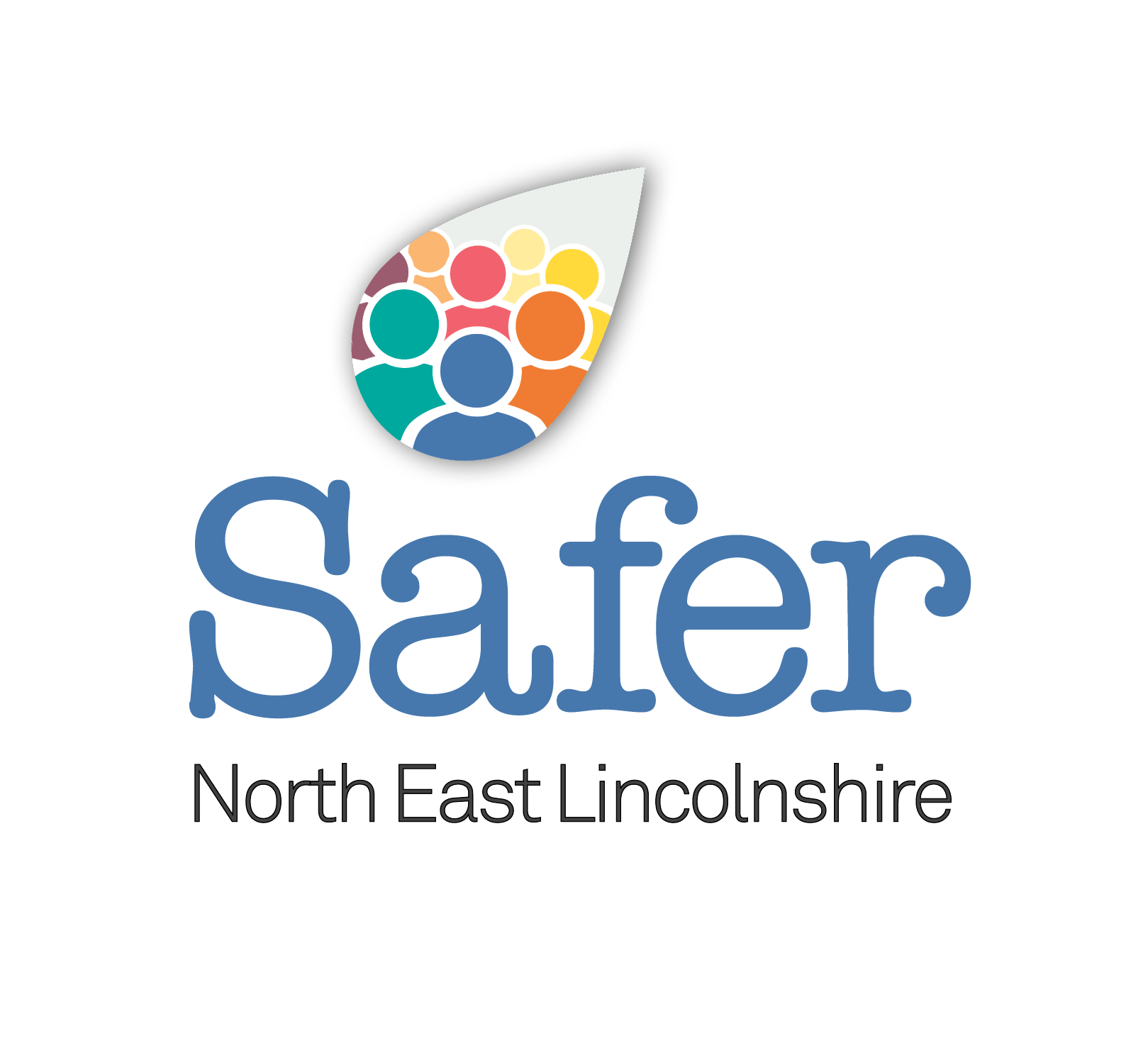Violence against women and girls
Violence against women and girls (VAWG) is an umbrella term used to cover a wide range of abuses against women and girls such as domestic homicide, domestic abuse, sexual assault, abuse experienced as a child, female genital mutilation (FGM), forced marriage and harassment in work and public life. While men and boys also suffer from many of these forms of abuse, they disproportionately affect women.
While a proportion of violent offences experienced by women and girls are domestic-related, a considerable amount are not.
The North East Lincolnshire Community Safety Partnership will support an action plan around VAWG by focusing on raising awareness and looking to prevent offences occurring. This will include tackling all forms of discrimination, including that against women and girls and challenging language and behaviours to enact cultural change.
Actions we will take:
- Challenge attitudes and behaviours in relation to VAWG linked to the government’s ‘enough’ campaign.
- Design and create localised campaigns to raise awareness and encourage support
- Promote the Streetsafe tool to identify problem areas
- Provide information and support for licensed premises around the potential for violence against women and girls and preventative measures
- Provide briefings to promote bystander interventions
Outcomes:
- Greater community awareness of problematic behaviours and how to address them
- Reduced risk to women and girls in public spaces
- Reduced risk to women in the night time economy
- Reduced VAWG in public spaces and night time economy
- Increased activity, improved mental health and reduced isolated of targeted girls
- Increased awareness of the impact of behaviours and changes in behaviours
What should you do if you witness unwanted sexual harassment?
We recommend that you choose one of the five Ds of bystander intervention:
- Direct: Assess your safety first. Speak up about the harassment. Be firm and clear.
- Distract: Interrupt or start a conversation to de-escalate the situation, e.g. ask “Can I help you?” “Do you have an appointment?”
- Delegate: Get help from someone else such as a manager or another colleague.
- Document: It can be helpful for the victim to have detailed notes of the incident in case they want to report it later on.
- Delay: After the incident is over, check in with the person who was harassed. Ask “what do you need?” “how can I help?”
Related websites
Related documents
Rushden Academy – Parents Guide to Sexual Harrassment
International Centre for Missing and Exploited Children – A Parents Guide to Dealing with ‘Sexting’
Violence Against Women and Girls Factsheet (PDF, 410KB)
Male Violence Against Women and Girls is Preventable (PDF, 716KB)
The 5Ds of bystander intervention (PDF, 713KB)
